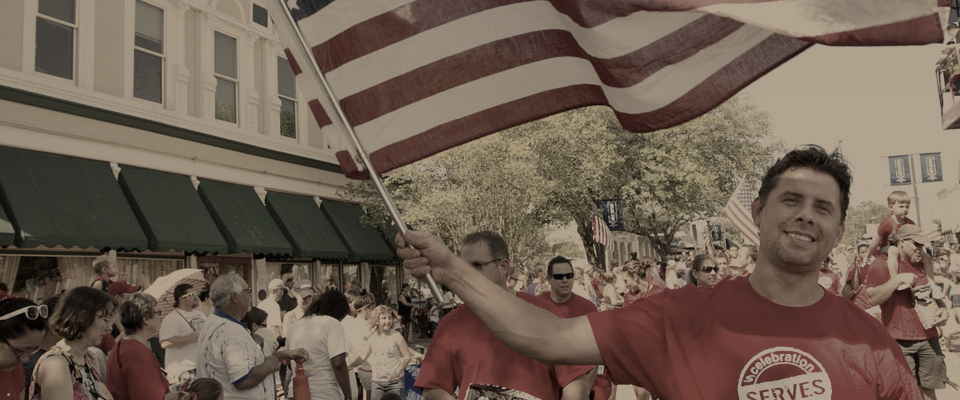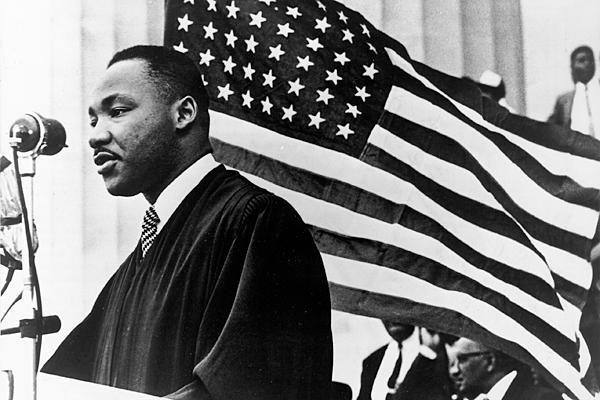Christian History Institute carries the second of two excerpts from my forthcoming book on the 500th anniversary of Brother Martin’s 95 Theses:
While the 95 Theses begin with repentance and appeal to divine authority, the theme they develop at the greatest length is justice for the poor. Again and again, Brother Martin hammers home the detestable oppression of the indulgence system, which manipulates people’s trust in the church to extract their money for the powerful.
One of the main points of the 95 Theses is that the gospel of free grace always stands in opposition to exploitation and injustice. The idol of artificial religion, by contrast, always ends up involving the church in the oppression of worldly powers. That is one of the ways you can tell the two apart!
I offer an uncomfortable thought experiment:
Re-read these theses, but wherever it says “indulgences” put in “our church’s religious goods and services,” and instead of “the pope” put in “our pastor.”
How does Thesis 43 read now? Thesis 45? 46? 48? 49? Uncomfortable yet? Which is the most shocking? What palaces are we building on the backs of the poor?
If you posted those theses by the collection box in your church, what would happen?
“Burn it to ashes!” Five hundred years later, Brother Martin’s fire is still burning – hot enough to burn our churches to ashes, if we don’t repent.
Your theses in reply are appreciated – and mark your calendars for the book’s release on Oct. 31!




